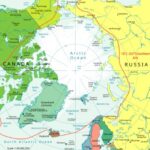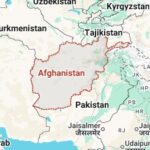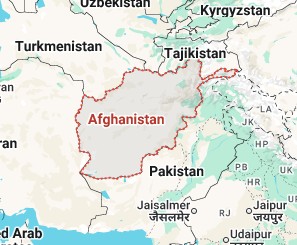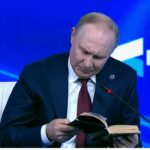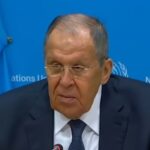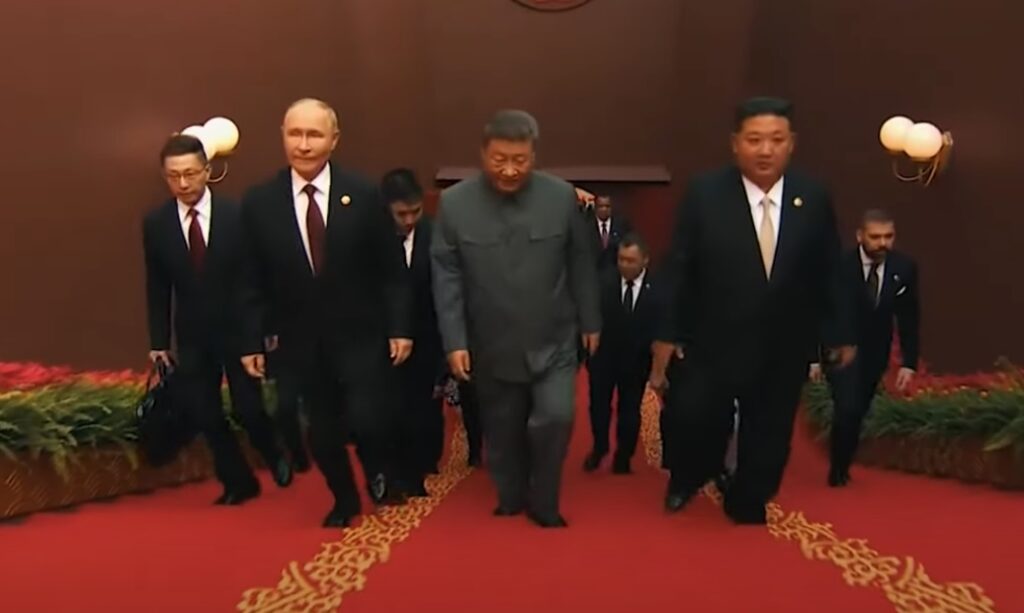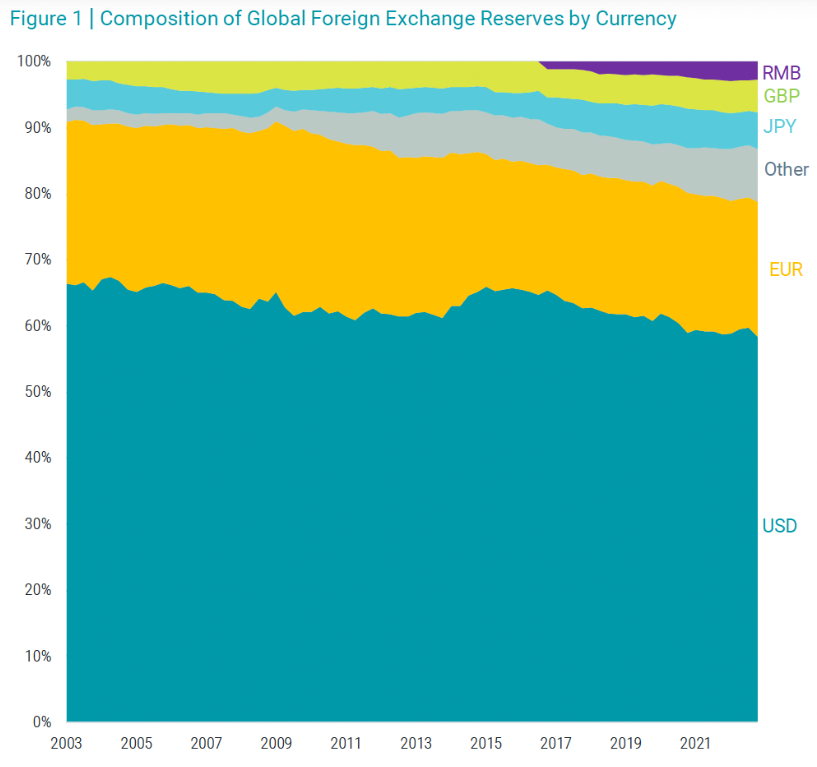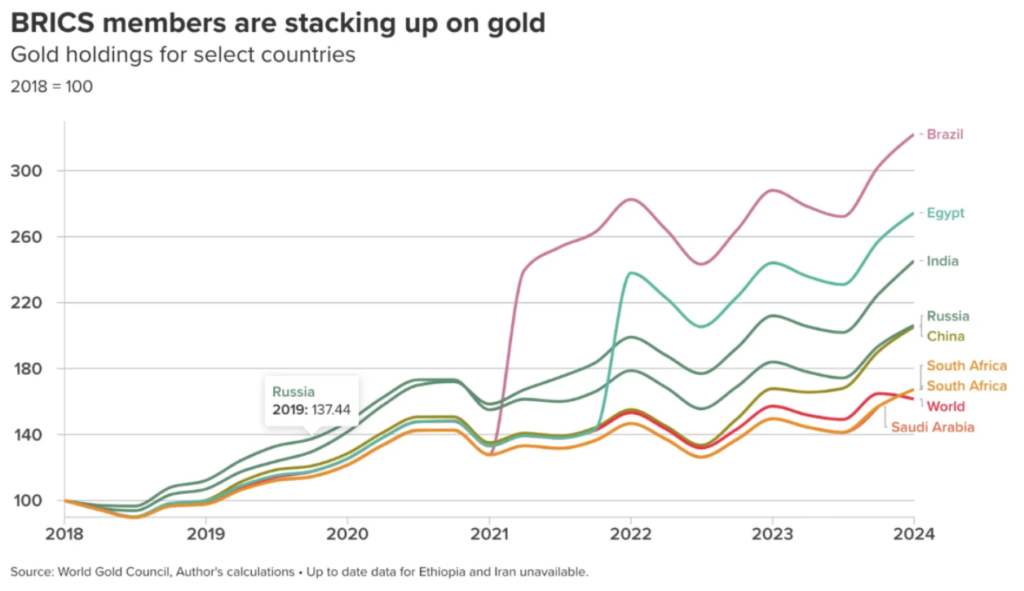The world has for ever been looking up to the West, to Western science, culture and what not. It has always been a dream of Third World people to travel to France or the United Kingdom, to Germany or the United States, just to be there for a moment or – still better – to work there or to study there. When towards the 19th century Japan began to modernizing, Japan’s authorities sent delegates to Germany to study German law and German administration. Why? Because Japanese reforms were to be grounded in German experience, in German solutions. When the Chinese adopted the communist ideology, they adopted it from the West, where it was born, although mainly via the Soviet Union. Vietnam uses the Latin script which was imposed on the nation by the French colonizers and remained in use because it was estimated to be good. India still recognizes the English language as one of the official languages of the country.
Much the same can be said about Africa. African governments, constitutions and social or administrative solutions are modelled on European solutions, while the country of Liberia (settled by liberated American blacks) is an African copy of the United States. Throughout Africa – European languages are spoken hand in hand with the local tongues.
All of this, the whole spiritual and moral capital that the West had throughout the world has been squandered and gambled away. The Western know-it-alls – graduates of the Ivy League, graduates of the Sorbonne, Oxford and Cambridge – in their unbounded self-pride and their bottomless feeling of superiority that whispered into their ears that the West would always be a dominant player began to dig their own grave or shoot themselves in the foot. In a word: the Western smart alecs have brought about the collapse of their own civilization. How did they do it? We’ll list some of the actions but not in any particular order.
First, in their passionate hatred they put a lot of effort into destroying the Soviet Union. They hated the Soviet communist ideology (which, as said above, originated in the West), and they were scared of the Soviet might. Not wishing, however, to take losses themselves, the West was looking around for a country that could be used as a battering ram against Moscow. They found it: China. Though the Middle Kingdom was as communist as the Soviet Union (if not even more communist), Beijing let itself be used by Americans to align itself against Moscow. This step was facilitated by the stupidity of the Russian leadership whose members rather than ingratiating themselves to China preferred to show the Chinese communists their inferior place in the global communist hierarchy. The Chinese comrades caught hold of the opportunity that presented itself to them and began to surf the American wave of support.
As if that was not enough, Washington, or rather the rich elites who are always in pursuit of enriching themselves, came up with an idea of dividing the world into three economic zones, with the West being the ruling head, Africa and Russia being assigned the role of suppliers of natural resources, and Asia being turned into a world’s factory. The men and women from the Ivy League and from the Sorbonne, Oxford and Cambridge dreamt about controlling and shaping the minds of the whole of humanity. Africa’s human resources were estimated as too unskilled and too uneducated to be tasked with manufacturing, but the African continent was known for its natural resources. The Asians on the one hand were known for their diligence and work stamina, so they were naturally selected as providers of labour. A nice global division, was it not? Something like the social division that we observe in ant or bee communities.
Acting on this idea the Western elites began to shift production from the West to Asia, especially to China. The word outsourcing was coined and made hugely popular. Why pay Americans or Western Europeans for their labour if the Chinese, the Vietnamese and others can do the same for a much smaller remuneration? The greed that took the better of the Western elites blinded them to a few simple facts. One is that outsourcing meant providing China with technology and teaching China’s labour valuable skills. Concurrently, outsourcing meant depriving the West of its manufacturing potential along with depriving the West’s people of income. The American products made in China could not easily be sold in the United States because Americans would not have much money. Outsourcing enriched the American or generally Western elites in the short term, and strengthened China economically in the long term. As soon as the economic development in China had translated into China’s rising military might, while the growing welfare had secured the firm position of the Communist Party of China among the billion of the Chinese people, an outcry could be heard on the Potomac! China is America’s arch enemy! Why?
It was the United States that created a powerful China, was it not? True, China is developing rapidly, but is it threatening the United States? It looks like Washington is threatened not by a country’s military strength but rather by a country’s economic growth. Well, if that is so, the proponents of the free market i.e. the whole West ought to put more and more effort into outperforming China on the economic level. Why is China perceived as a military threat? Does the Middle Kingdom have a record of conquest? China is bordered by tiny Vietnam and Korea: do these nations feel threatened by the Chinese dragon? Why should America feel threatened? If Washington assumes that China’s economic might will translate into China’s military might – a substantiated assumption – then why did the American elites contribute so much to turning the Middle Kingdom into an economic power? Was it that greed – profit, to use a more elegant word – switched off their reasoning? Was it a shot in their foot?
Second, Washington’s acts of alienating concurrently China and Russia (and Iran, and – recently – India) have necessarily pushed those countries into each other’s embrace. Moscow and Beijing as well as Beijing and Moscow on the one hand and Tehran and Delhi on the other are coming politically and economically closer not so much because they are in love with each other, but because they have been left with no other choice. Again, was such a development of events hard to predict? The United States had its hand in the 1989 Tienanmen Square riots and in the 1999-2009 Second Chechen War, in either case trying to weaken respectively China and Russia from within. Does that alone not make Beijing and Moscow want to cooperate and support each other? At first there was the idea on the part of Washington to use China against the Soviet Union; then there was the idea to use Russia against China. It seems that the United States have overplayed its hand in either case. If Washington wanted to pit Moscow against Beijing, it shouldn’t have schemed in Ukraine to tear this country away from Russia’s zone of interest. Another shot in the foot?
Third, the de-industrialization. We have mentioned outsourcing. We need to add to it the intentional process that has been going on in Western Europe within the framework of which Europeans have deprived themselves of much of their industry. Factories and power plants, internal-combustion engines and growth in general have come to be perceived as detrimental to the environment, hence to the planet. All these activities have been limited or stopped. With the war in Ukraine Europe has also cut itself off from cheap Russian gas. Now amid the war hysteria and the plans to militarize the Old Continent a simple question arises: does Europe have the industry and cheap resources with which to re-militarize itself? Was the green economy not yet another shot in the West’s foot?
Europe wants war, and Europe wants war badly. Yet, Europeans have unlearnt patriotism. Europeans have unlearnt patriotism because their authorities have wanted them to unlearn it. Germans and the French, the Italians and the Spaniards were supposed to drop their national identities and replace them with European if not cosmopolitan identities. Why should they now feel an willingness to fight? It is even worse: Europe has been intentionally flooded with total foreigners from Africa and Asia. Are these foreigners going to fight against Russia? Is that the reason why they left their own countries? Have they come to Europe to fight for it? Who can ever believe that?
The armed forces cannot be assigned all the money Europeans might want to spend on the military: there are millions and millions of immigrants, and rising, and the incomers need constant social support, social welfare. Go try withdrawing some of that support from them and you will have Paris and London, Brussels and Hamburg go up in flames!
Fourth, the dollar. It was an ingenious trick played by the United States of America at the end of the Second World War that Washington managed to impose the dollar on the rest of the world as a reserve currency or currency of international trade. The dollar began to be sought after, the dollar began to be accumulated by the treasuries of almost all countries around the globe. This alone meant that the United States could burden the other nations with its own debt and with its own inflation. Ingenious as this sleight of hand may have been, it carried its undesirable effects. If America provides the currency for the whole world, then America must print this currency for the whole world. Since the whole world stands in need of the dollar, the only ultimate way to acquire it is to sell goods and services to the United States. If the United States can have all the goods and services from around the world by simply issuing the dollar, America is naturally tempted not to manufacture much itself. The United States becomes a country whose main product on offer is its currency, is its dollar. To put it bluntly, America’s main export product are paper banknotes or electronic impulses in computers or servers! America ceases to really develop, America becomes like a rich individual who having millions at his disposal has absolutely no incentive to work, to create, to develop. Doesn’t it remind one of the once powerful Spanish Empire? The Spanish Empire fell under the weight of gold that had been brought from South America. Blessing at first, gold turned to be the final nail to the Spanish coffin. The case with the dollar is similar: blessing at first, but a final curse.
So much so that the West’s reckless steps precipitate the working of the curse: the freezing of the Russian financial deposits has become a wake-up call to the rest of the world. Assets in the dollar or, indeed, any Western currency can be lost at the drop of a hat. Hence the idea, then the urge that was born in the wide world toward de-dollarization. It is not that China or Russia, Iran or Saudi Arabia would necessarily like to get rid of the dollar. No. Rather, they see no other way out. Who in his right senses will continue to keep his money on an account in a bank that can freeze the money whenever it pleases? Thus, the dollar policy has proved to be yet another shot in the foot. If the West loses the war in Ukraine, which is highly likely, the West might as well start digging its own grave.



